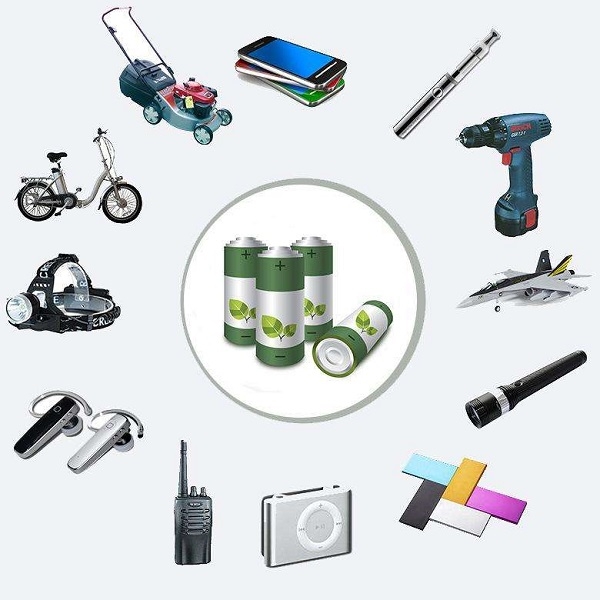Which is better for lithium batteries and storage batteries? Usually when you buy a battery, you will be entangled in which battery performance is better. Here, let's talk about where the two are good, and which is better? The first is lithium battery, lithium battery as the most widely used battery, it can be mainly divided into lithium metal battery and lithium ion battery, mostly used in electronic products; and storage battery is a kind of chemical energy directly converted into electrical energy The device is a rechargeable battery designed to be recharged by a reversible chemical reaction, and is generally referred to as a lead-acid battery, which is one of the batteries and belongs to a secondary battery. Batteries are usually used in cars. Therefore, if you want to say which lithium battery and storage battery are good, I think that each has its own advantages, depending on what you need.

What are the differences between lithium batteries and storage batteries? There are mainly the following points:
Difference 1: different principles
A storage battery is one of the batteries. Its function is to store limited electric energy and use it in a suitable place. It works by converting chemical energy into electrical energy. A lithium battery is a type of battery using a lithium metal or a lithium alloy as a negative electrode material and using a nonaqueous electrolyte solution.
Difference 2: different prices
The price of the storage battery is relatively cheap. Compared with the storage battery, the price of the lithium battery is relatively high.
Difference 3: different security performance
Lithium batteries and storage batteries have different safety performances, and storage battery safety is higher.
Difference 4: different use time
Lithium batteries are used for a longer period of time than storage batteries.
Difference 5: different chemical properties
The chemical properties of lithium metal are very active, making lithium metal processing, storage, and use very demanding on the environment. Therefore, lithium batteries have not been used for a long time.
Difference 6: different temperature tolerance
The common lithium battery operating temperature is -20-60 degrees Celsius, but after generally lower than 0 °C, the performance of the lithium battery will decrease, and the discharge capacity will be correspondingly reduced. Therefore, the full operating temperature of the lithium battery performance is 0 to 40 °C. The operating temperature of the storage battery is generally required to be between 20 ° C and 25 ° C. When the temperature is lower than 15 ° C, the discharge capacity is decreased.
Difference 7: different cycle life
The number of cycles of a lithium battery is generally about 2000-3000 times, while the number of cycles of a storage battery is about 300-500 times, and the cycle life of a lithium battery is about five or six times that of a storage battery.
Difference 8: different materials
A lithium battery is a kind of battery that uses lithium metal or lithium alloy as a negative electrode material and uses a non-aqueous electrolyte solution, and is produced by lithium. The lead-acid storage battery is mainly made of lead and its oxide, and the electrolyte is a sulfuric acid solution. Kind of battery. Lead-acid storage batteries are produced with lead, lead is toxic, and waste during production can also cause environmental pollution. Lithium batteries do not have such problems.
In summary, no matter what type of battery, its essential role is the same, all for power supply, so no battery is the best, each battery has its own advantages and disadvantages, the key lies in your What kind of demand is, in order to know which battery is suitable for you.



